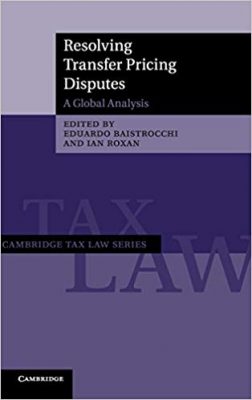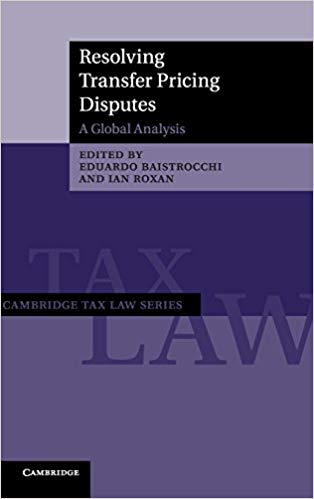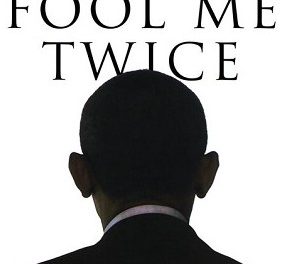 Editors: Eduardo Baistrocchi and Ian Roxan
Editors: Eduardo Baistrocchi and Ian Roxan
Publisher: Cambridge University Press – 924 pages
Book Review by: Sonu Chandiram
Transfer pricing is currently the most challenging issue in international taxation for multinational companies and tax administrators, and it has been so since the beginning of the twenty-first century, particularly as these companies have sought not only tax havens, but also where the cost of manufacturing is usually lower than in the developed world, such as in developing countries.
Transfer pricing occurs when for example, a multinational company transfers the ownership of assets from itself to a branch in another country where the income tax rate is lower.
Here is an example cited by the editors in the Preface: In the 1960s a major United States pharmaceutical company had developed a number of valuable patents. In 1965 this company transferred the patents from the United States to a subsidiary in Puerto Rico (a US dependency).
At that time, US tax law permitted the transfer of patents to a Puerto Rican subsidiary tax free.
Puerto Rico offered tax haven treatment on the returns from exploiting the patents.
So the US parent company transferred the patents to its Puerto Rico subsidiary without receiving any payment or royalties in return, and the subsidiary sold the products to the US parent firm.
Well, that was not the end of this action. What happened next? The Internal Revenue Service was not at all happy, and was not going to leave the pharma firm alone! So the IRS reallocated all of the income of the subsidiary to the parent. On what basis was the IRS able to do this?
On the basis that it contended that the subsidiary was only a contract manufacturer and that it should not be treated as the true owner of the patents.
Cases such as this and numerous others are discussed in this book of over 900 pages. This book is different from others on transfer pricing in that it presents actual cases around the world and informs us what were the outcomes, or how they were resolved.
Twenty-two specialists in transfer pricing and allied fields, from 17 countries – Argentina, Australia, Brazil, Canada, Chile, China, Germany, India, Israel, Japan, Russia, Singapore, South Africa, South Korea, Spain, the United Kingdom, and the United States – authored the 22 chapters of this extensive work on transfer-pricing issues.
We list the titles of the chapters below, as an overview for you:
- Part I – The Context of Transfer Pricing Disputes
- Introduction
- The transfer pricing problem
- Part II – North America and Europe
- Transfer pricing disputes in the United States
- Transfer pricing disputes in Canada
- Transfer pricing disputes in the European Union
- Transfer pricing in Germany
- Transfer pricing in Spain
- Transfer pricing disputes in the United Kingdom
- Part III – Asia-Pacific
- Transfer pricing disputes in Australia
- Transfer pricing disputes in Japan
- Transfer pricing disputes in the Republic of Korea
- Transfer pricing disputes in Singapore
- Part IV – BRIC Countries
- Transfer pricing disputes in Brazil
- Transfer pricing disputes in the Russian Federation
- Transfer pricing disputes in India
- Transfer pricing disputes in China
- Part V – South America, Middle East and Africa
- Transfer pricing disputes in Argentina
- Transfer pricing disputes in Chile
- Transfer pricing disputes in Israel
- Transfer pricing disputes in Africa
- Part VI – Conclusion
What is the objective of this book? It is “to describe and analyze how the law on transfer pricing operates in practice by explaining how transfer pricing disputes are dealt with in disputes between taxpayers and the tax administration.”
The modern income tax was first introduced in the United Kingdom in 1842. Since then, many countries around the world have passed income tax laws with a wide range of tax rates that impact multinational companies that operate manufacturing, marketing, sales and distribution units in many countries. This created conflicts that hurt their revenues and bottom lines.
The conflicts led to disputes with governments who were charged with collecting income taxes. These disputes were somewhat mitigated when a significant event occurred relating to transfer pricing issues. It was the publication in 1995 of the OECD Transfer Pricing Guidelines for Multinational Enterprises and Tax Administrations.
But differing interpretations of these guidelines between the companies and the tax collectors did not resolve the issues that gave rise to the tax cases. This book looks at those cases and how they were resolved, if they were, or were left unresolved. This is a timely book.
Editors:
Eduardo Baistrocchi is a Lecturer in Law in the Law Department at the London School of Economics and Political Science, and an Adjunct Professor at Universidad Torcuato Di Tella in Buenos Aires, Argentina.
Ian Roxan is a Senior Lecturer in Law and Director of the Tax Program in the Law Department at the London School of Economics and Political Science.







